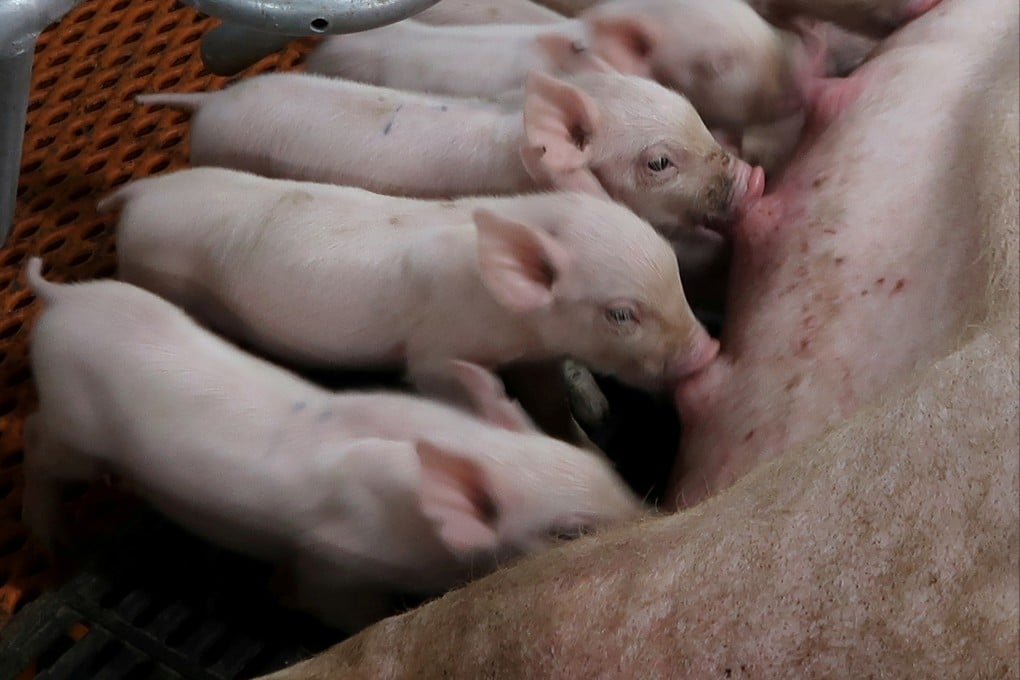Vietnam partners with United States to develop first African swine fever vaccine
- Deadly virus swept across China from 2018, slashing herds in the world’s largest producer and consumer of pork, boosting imports and sending meat costs soaring
- Officials did not give a time frame for the vaccine’s roll-out or any indication of Vietnam’s capacity to produce it at scale

The country partnered with scientists at the Agriculture Research Service of the US Department of Agriculture to develop the vaccine, which is now being produced in Vietnam, Deputy Minister of Agriculture Phung Duc Tien said on the government’s website.
The virus is highly contagious in hogs and can be 100 per cent lethal for the animals, causing high fever, loss of appetite and haemorrhaging on the skin and internal organs. Governments have sought to control the disease by culling herds, restricting transport of pigs and improving hygiene on farms. Global efforts to find a safe and effective vaccine had long proved elusive.
Still, scientists with the USDA’s Agriculture Research Service have been working on a vaccine, which is based on deleting a gene, and the agency announced in April that it had passed a key safety test needed for regulatory approval.
The agency said that the safety studies were necessary to get the green light for use in Vietnam and eventually other countries, and commercial use will depend on approval from animal health departments in each nation.
